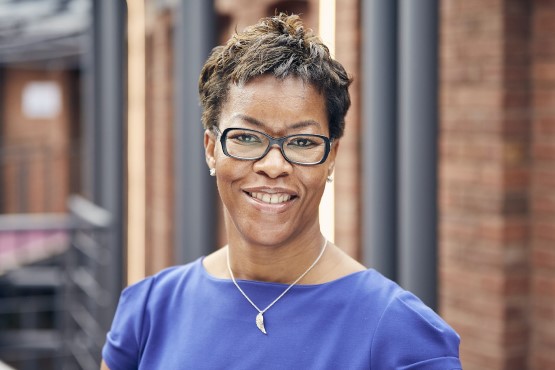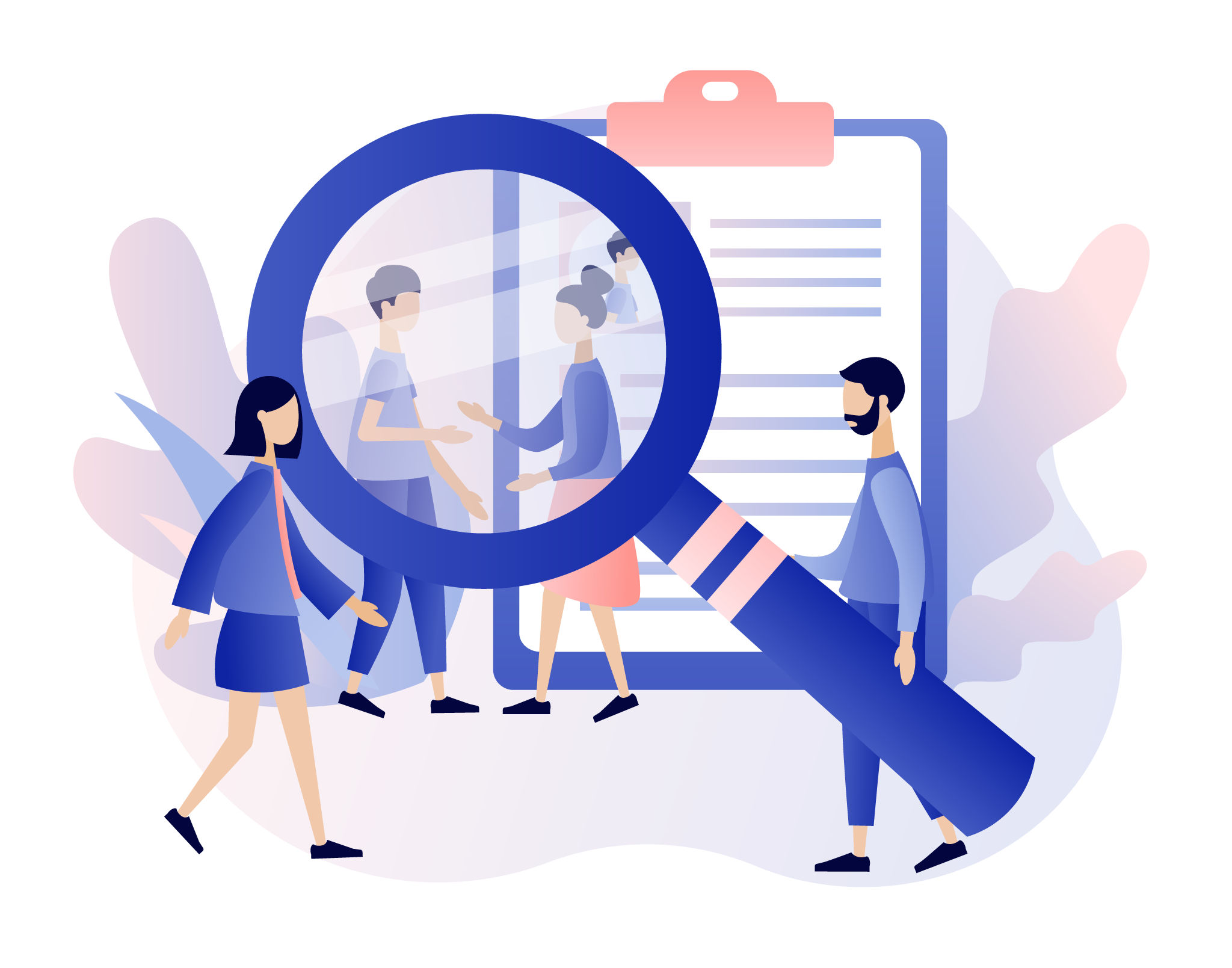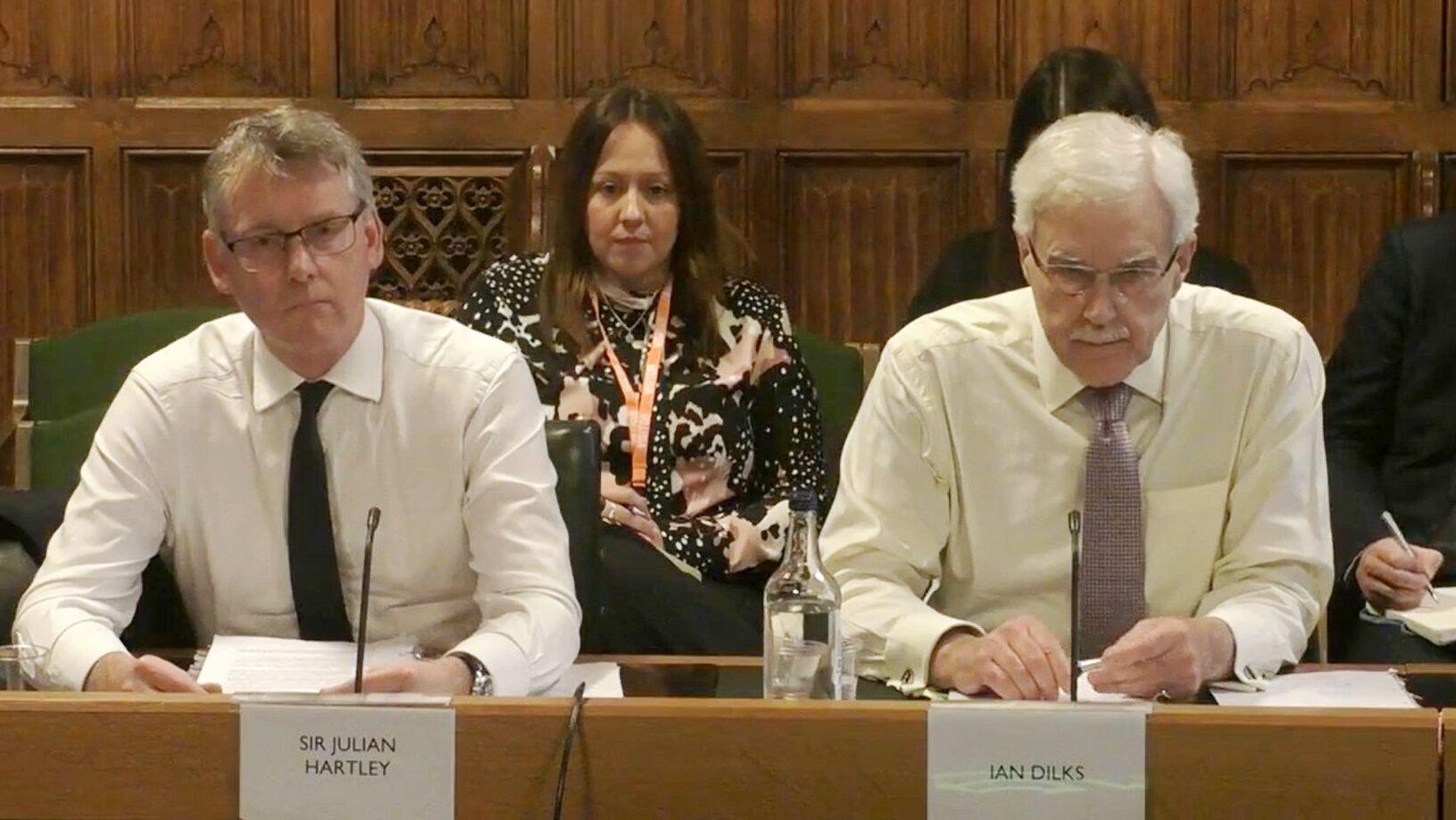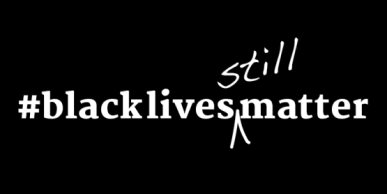To understand you’ve got to educate yourself
Black Lives Still Matter: Yvonne Richards, community care improvement adviser, NHS England & NHS Improvement

In one of my early roles in the NHS, my manager asked me what I wanted to be doing in five years. When I said a role like hers, she looked at me as though I shouldn’t have the audacity to expect to be in a senior position. I think black staff are frequently expected to set themselves a lower bar, underestimated or not given access to the same opportunities to reach their full potential.
An early experience of racism in my career was when I was given something by a colleague; when I looked at it later, I saw it was racist literature. She said, “You might find this funny”. I remember looking at it wondering why she would think I’d find it amusing. On reflection, I assume she thought it wouldn’t offend me because it was directed at another ethnic group. I think when you work closely with people with those views, they sometimes see you as being like them. It’s almost as if familiarity brings down the façade and they’ll do or say something that shows how they really think.
When I raised this with my managers, I was made to feel as if I was in the wrong and, as the process went on, I was ostracised by people who I’d previously talked to every day. I remember being told I would never work in the NHS again. That’s a hard lesson to learn as a young woman.
Throughout Black History Month this October, we’re learning about the experiences of black managers in the NHS, and how we can all help to end racism at work and in everyday life. On our website and in our magazine, black members and NHS leaders will tell you about their lives and careers in their own words. If you’ve got a story to tell, we want to hear from you too.
In the past, I have been appointed to a different (lower) salary than my white counterpart who was doing the same job, with the message that I would need to “prove myself”. Our managers weren’t aware that for the first few months I was in fact advising my colleague on some of her decisions and actions, even when she was on call.
What can also be difficult is having to modify who you are – what Robin DiAngelo terms “tone policing”. I can be direct, but it’s seen as aggressive; if I were white it would be labelled as “assertive” or “candid”. I’ve been penalised in the past for not showing “vulnerability” during an interview, which I still can’t make sense of to this day. Compassion, yes, but vulnerability felt more like a stereotype of what women should be – frequently black women aren’t seen as vulnerable in the way white women are.
The differences or green shoots I see now is that some people (still only some) are open to learning about and understanding the experiences of black people in the UK. Sometimes the differences are subtle. It’s the not-so-random, random check when you self-scan in the supermarket or the woman who practically runs away because you are dressed all in black and wearing a baseball cap – but that’s just what I’m wearing when I come out of the gym.
I still think lots of white colleagues are uncomfortable or feel guilty about this reality. My suggestion might sound harsh, but get comfortable being uncomfortable, sit with that feeling. I can’t avoid it, I will face it practically every day – to understand you’ve got to educate yourself.
In the NHS, where have a responsibility to both staff and patients, I think organisational accountability is the biggest lever we have to make a difference. How can commissioning organisations be performing well when inequality in their population isn’t being addressed or hasn’t shifted in years? How can they reflect the needs of a diverse population if black people have no real representation or a voice to influence decisions?
We need to give the same prominence to organisations that aren’t achieving on inclusion, equality and diversity that we give to those that are not achieving on other important national standards. And those organisations perhaps need more intensive development and support. I say that because it impacts on me, my family and millions of other people, who might change their behaviours if they think the NHS or the services it offers don’t meet their needs or, worse, present later with serious illnesses.
This is the one of a series of interviews with black MiP members and NHS leaders which we will be publishing throughout Black History Month in October. To find out more about Black History Month and to get involved, visit: blackhistorymonth.org.uk.
Related News
-

Regulating the managers: more questions than answers
The Labour government’s plans for regulating NHS managers are still shrouded in mystery, and the three options on the table each have their pros and cons. Rhys McKenzie weighs up the choices and gauges the views of MiP members on the best way forward.
-

The inspector falls: why the CQC needs a fresh start
After years of chaos, the Care Quality Commission urgently needs to rebuild trust and credibility with the public and the services it regulates. What needs to change and what are the priorities for new boss Sir Julian Hartley? Alison Moore reports.
-

Voice, value and vision: what analysts need from the NHS
Data analysts play a vital role in an NHS which is increasingly data-driven and focused on public health trends. But the NHS faces fierce competition for skilled analysts and many feel the health service fails to value them or fully use their talents. Alison Moore reports.
